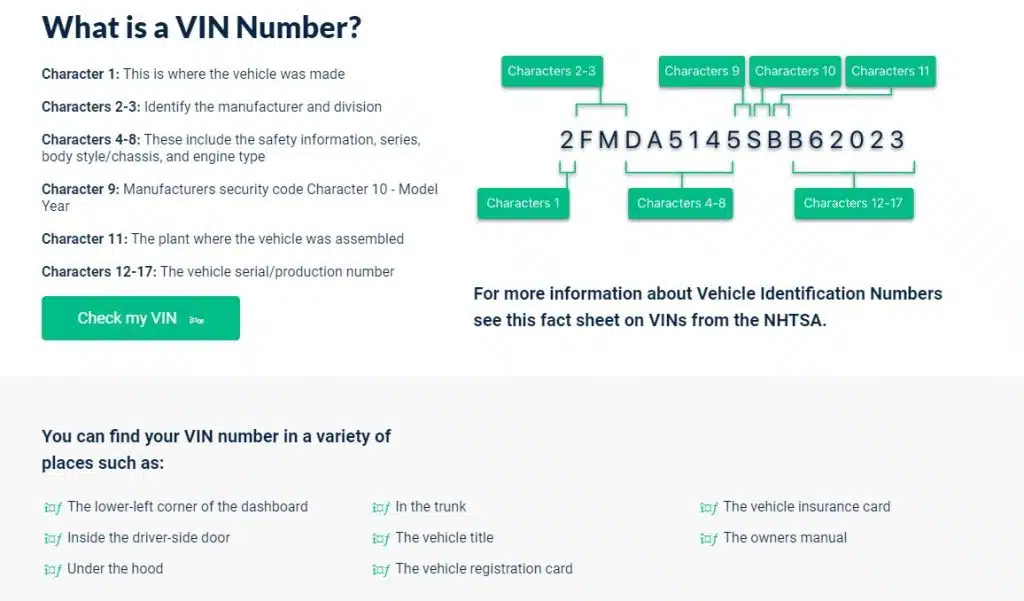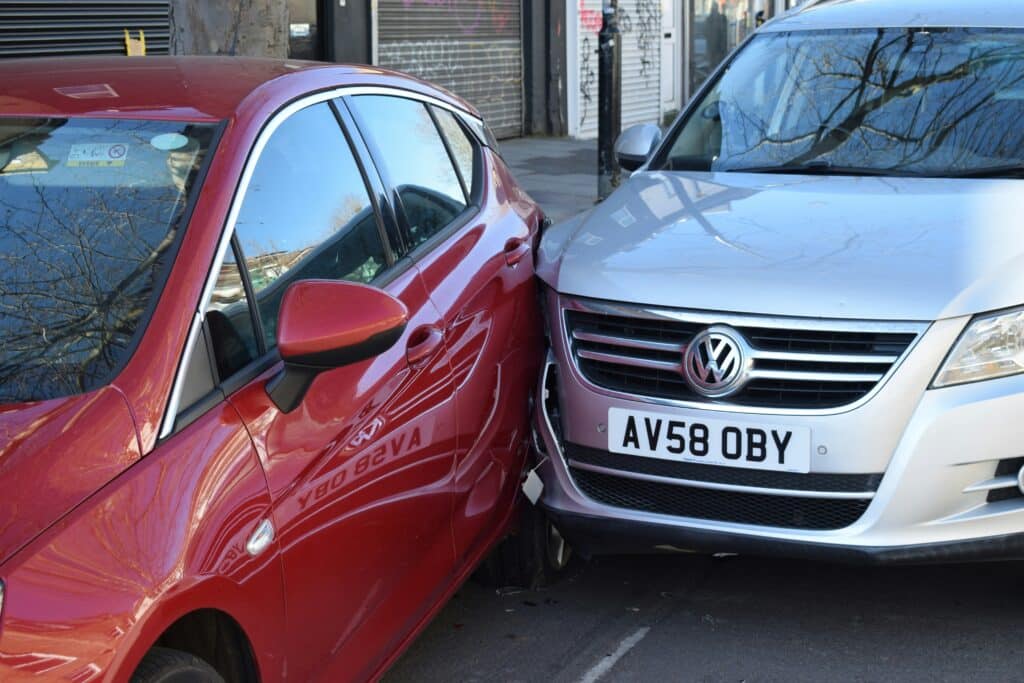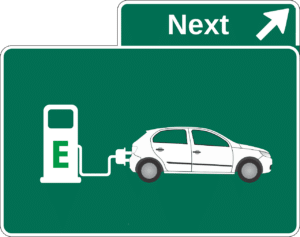On Monday, December 18, 2023, the National Highway Traffic Safety Administration (NHTSA) announced its intention to tackle impaired driving through technological intervention. It chose December to make the announcement to coincide with its yearly holiday-focused impaired-driving awareness campaign called “Drive Sober or Get Pulled Over.”
What is Impaired Driving?
Legal and illegal drugs can impair a driver enough to make them dangerous behind the wheel. Although most transportation and other agencies, experts and officials focus heavily on driving while “influenced” by alcohol, severe intoxication from any substance can adversely impact a driver’s decision-making skills and judgment, slow their reaction time, and even cause them to physically perform incorrect actions, like using the gas pedal instead of the brake pedal. Impaired driving causes costly accidents that damage property and injure or kill drivers, passengers, pedestrians and others, as well as pets and wild animals.
Why is This Announcement So Important?
In November 2021, the 117th Congress of the United States enacted The Infrastructure Investment and Jobs Act (H.R. 3684), or Bipartisan Infrastructure Law, which required the NHTSA to address impaired driving through preventative new passenger vehicle technologies. The BIL established a related Federal Motor Vehicle Safety Standard and mandated that the NHTSA create federal “alcohol-impairment detection technology standards” to prevent or at least reduce accidents caused by alcohol-induced impairment.
Nearly two years later, the NHTSA is finally taking the first step to saving lives by focusing on the “rulemaking process.” The Monday announcement is the NHTSA’s “Advance Notice of Proposed Rulemaking.” Before the creation of federal standards, the NHTSA needs to decide on the types of technologies that can best detect blood-alcohol content and resulting impairment. The most common current options include breathalyzers, cameras and touch sensors. Some experts hope that the NHTSA will recommend ignition interlock devices that prevent vehicle startup with the detection of alcohol.
By the Numbers: What Are the Benefits?
A study of 2021 data found that 13,384 people died that year from alcohol-related drunk driving accidents. Officials estimate that an impaired driver injures or kills someone approximately every 80 seconds. As a source of comparison, some terrorist attacks and wars have never resulted in such a high number of deaths. The NHTSA’s standards and the implementation of preventative technologies could save nearly as many lives as those lost in 2021.
In terms of financial benefits, the NHTSA estimates that the combination of property damage, injuries and deaths, related property repair and replacement, medical costs, funeral costs and wage losses from alcohol impairment driving incidents alone in 2021 resulted in $280 billion in losses. Most of that money would never become lost if the new technologies prevented these accidents.
When Will the NHTSA Complete Its Work?
The NHTSA must complete the rulemaking process by November 15, 2024. That said, it has made clear that the administration’s long-term “vision” is that the new standards actions will result in “zero” deaths from impaired driving. The NHTSA must perform extensive information gathering to guarantee the safe and effective deployment of the systems. Once the NHTSA establishes the new standards, automobile manufacturers must implement changes to their designs within three years. That said, drivers might see the technologies appear within a year or two after the 2024 deadline.
Drive Sober or Get Pulled Over
According to the NHTSA, more than 1,300 of the deaths in 2021 occurred during the winter holidays of Christmas and New Year’s. From 2017 to 2021, 4,561 people died in total in December because of drunk driving. The data shows that December drunk-driving deaths have reached a 15-year high.
The NHTSA has several campaigns related to impaired driving (i.e., Drive High, Get a DUI, Drive Sober or Get Pulled Over, and If You Feel Different, You Drive Different). The Drive Sober or Get Pulled Over campaign focuses specifically on alcohol and drug impairment during December and New Year’s. According to the NHTSA’s Acting Administrator, Ann Carlson, every crash is “100% preventable.” This year, she urged drivers to behave responsibly. The NHTSA and federal government have taken the matter so seriously that the NHTSA spent approximately $14 million to produce English and Spanish digital, radio and television ads to blanket the nation with awareness messages about intoxicated driving.
Many experts credit the increase in impaired driving incidents to American social behavior. Americans often see drinking and driving, or drunk driving, as an teenage right of passage or an adulthood initiation. People often consider drug usage and excessive drinking as social norms that they must accept in certain situations, such as at parties for life events like anniversaries, birthdays, weddings, and funerals or as a social or business networking requirement. Penalties for impaired driving aren’t nearly as extreme in the U.S. as in other countries. Advertisements and entertainment mediums like films and television shows often perpetuate the idea of drinking as a norm by emphasizing the social aspect of it. Some movies and TV shows also promote the idea that drunk driving is okay if it’s related to a socially accepted event.

How to Prevent Impaired Driving and Stay Safe Today
The NHTSA’s campaign emphasizes that it’s okay for drivers to drink at events but that they need safe solutions to travel home or elsewhere. They should ask someone sober to drive them, call a taxi cab, ride-hailing or ride-sharing service, or even use any available public transportation like local buses and trains. Event hosts also have a responsibility to guarantee that their guests aren’t leaving their homes or other venues in a heavily intoxicated state. They and others should call emergency services if they see anyone driving while intoxicated. Lastly, the NHTSA reminds sober drivers and passengers that something as simple as buckling a seat belt can protect them during an accident that involves an impaired driver.
When Purchasing a Vehicle
Always remember to run a VINsmart report on any used vehicle before making a purchase. A VINsmart report runs a complete history on the vehicle including whether it has ever been reported as stolen, involved in a major accident, or listed as a totaled vehicle.
VINsmart reports will also give you a registration history and mileage at registration. It reports any significant incidents related to the vehicle, such as being involved in a fire or flood.
When purchasing a used vehicle, the best way to ensure you make a good purchase is to know the vehicle’s complete history.






